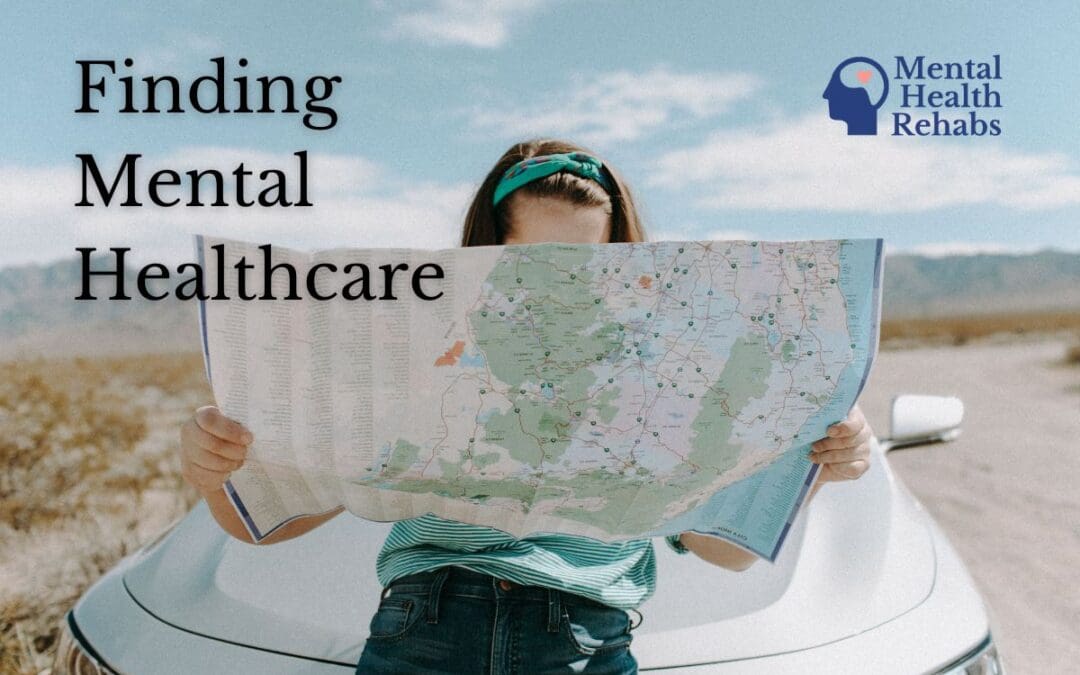For much of human history, mental health has been ignored or stigmatized. However, in recent decades, we’ve seen awareness campaigns that educated people about it, teaching them that it’s just as important as physical health.
Still, exploring mental health services can be daunting. This article will explore six approaches to seeking mental health services near you and recognize whether a therapist is right for you.
1. Explore Mental Health Services Platforms
Online therapy has become more common over time, especially during and after the 2020 COVID-19 pandemic, when most people were isolated at home, and mental health issues were exacerbated.
Some popular online therapy platforms include Talkspace, BetterHelp, 7 Cups, Amwell, HealthSapiens, MDLive, and Doctor on Demand. These platforms offer various professional, accredited, and experienced therapists through their apps.
If, for some reason, you believe that online therapy may be less effective than face-to-face, rest assured that it is not. A recent study determined online cognitive behavioral therapy (CBT) for depression and anxiety disorder is as effective as in-person CBT. It also has the added benefits of flexibility, convenience, and privacy.
2. Search In Your Insurance Provider’s Network
If you are insured, call your insurance company or explore their online database to know which mental health providers they work with. If your insurer offers mental health services, you should get a wide array of services near you with corresponding coverage information.
3. Seek Therapists In Your Community
In some cases, community resources may provide mental health support. Places and communities that may have therapists available to their members include:
- University campuses
- Local health and recreation centers
- Local hospitals
- Government agencies
Depending on the organizations that support them, the services may be considerably discounted, included as part of an insurance package, or free.
4. Visit Mental Health Services For The Underprivileged
In the US, underprivileged people may approach Federally Qualified Health Centers (FQHCs). FQHCs work with the Bureau of Primary Health Care and the Centers for Medicare and Medicaid Services to provide healthcare services, mainly for the uninsured or people otherwise unable to pay for treatment.
Mental health counseling is often among the services they provide. Explore FQHCs near you and determine whether you qualify for their services.
5. Explore Private Therapists
If your insurer doesn’t provide mental health coverage or you are unsatisfied with their offerings, you can explore private therapists outside the insurance network. This option can be pretty expensive in some cases. Still, some private practitioners may also offer fees on a sliding scale.
They’ll review your income information in those cases and charge you accordingly. Regardless of the payment terms, consider the following before agreeing to a specific therapist:
- Are they accredited by a national or local body of professional counselors?
- How much do they charge per session?
- Do they offer low-cost or free introductory sessions?
- Do they charge for missed appointments?
- If you are part of the LGBTQ+ community, are they actively LGBTQ-friendly?
6. Ask Your Friends And Family
Finally, you can ask family and friends to refer you to a therapist they trust and have received counseling from. Your therapist should not have a prior relationship with you, though, as that would be very unprofessional, so don’t ask a therapist friend or family member to treat you.
If you don’t feel comfortable asking for references from your family, local Facebook Groups and other online communities might be a good alternative.
The Importance Of Mental Health Services
Mental illnesses are common. In the US, dozens of millions of people experience mental illness yearly, with depression and anxiety being the most widespread.
Mental and physical health are intertwined and equally important for overall health and well-being. Poor mental health is associated with various health issues like alcoholism and other drug addictions. Depression, for example, increases the risk of suffering chronic illnesses like diabetes and heart disease.
Improving your mental health will increase your quality of life and may help prevent other illnesses while mitigating some you may already be experiencing.
How To Tell If A Therapist Is Good For Me?
Once you’ve found a mental health services network or online platform, it’s time to choose a therapist. Finding a good therapist that makes you feel at ease is just as important as seeking treatment.
The only way to tell if a therapist is good for you is by attending sessions with them and observing how they treat you and how they handle your concerns. These are some of the signs your therapist is right for you:
- They listen attentively
- They validate your feelings
- They’re open to educating themselves further
- They communicate effectively
- They are trustworthy
- They respectfully encourage you to grow personally
- They offer a range of solutions instead of a fixed one
- They don’t force you to continue attending therapy
Seek Treatment For Mental Health Issues
If you feel like you or a loved one are suffering from mental health issues, seek help or encourage them to seek help by exploring the options we explained here. With this information, you’re now more informed about seeking help and recognizing the right therapist.

